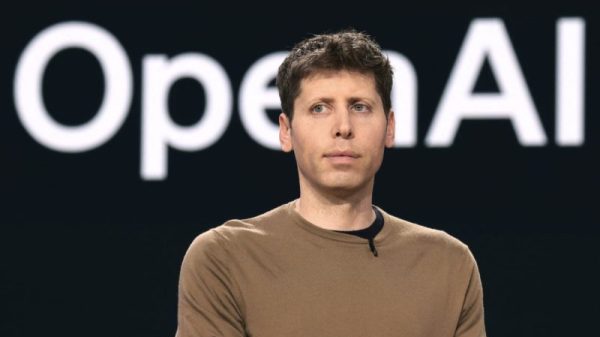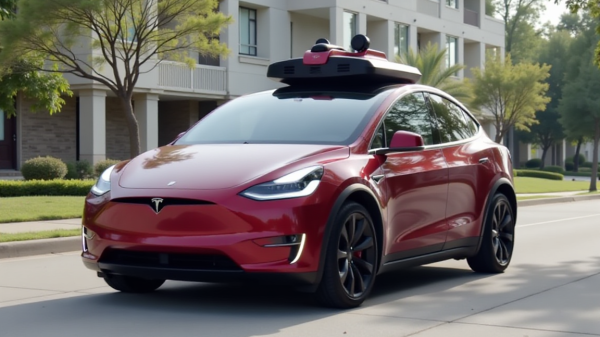India has emerged as ground zero in the global artificial intelligence (AI) race, with Google and Perplexity rolling out free AI Pro subscriptions to lock in future users.
While Google’s offer targets university students across India, Perplexity has partnered with telecom giant Bharti Airtel to extend a one-year Pro plan to 360 million of its customers, including mobile, broadband, and DTH users.
Though labelled “free,” the move is a calculated bet on long-term user acquisition in a market expected to triple to $17 billion by 2027, according to a Boston Consulting Group (BCG) white paper.
Subscription pricing, eligibility, and infrastructure cost projections
Perplexity’s Pro plan, typically priced at ₹19,900 annually, and Google’s Gemini-based AI Pro subscription, available for ₹19,500, are both being waived for the first year.
Perplexity’s offer, however, extends far wider in scope.
If even 1% of Airtel’s 360 million users transition to paying subscribers after 12 months, the company could generate ₹71.64 billion ($862 million) in annual revenue.
Conversely, if every Airtel customer were to use the service daily, Perplexity’s infrastructure cost could balloon to as much as $985 million annually, based on token pricing for advanced models such as GPT-4, Claude, and Sonar.
For Google, the strategy is more focused. Its free subscription is only available to university students over 18 with a valid institutional ID.
The offer is timed to last through the academic year, making it especially appealing during the exam-heavy months.
While Google hasn’t disclosed expected subscriber numbers, research by Google and Kantar suggests 95% of Indian students who use Gemini already feel more confident in their daily lives, indicating strong adoption potential.
What the free plans include
Google’s AI Pro plan includes access to the Gemini 2.5 Pro model, Deep Research, the Gemini Live feature with camera access and screen-sharing context, the Flow tool powered by Veo 3 for filmmaking, a more capable NotebookLM, and 2TB of Google Drive cloud storage.
The announcement also coincides with the rollout of advanced search features, including Gemini 2.5 Pro and Deep Search integration for complex queries.
Perplexity offers a broader model range through its platform, including Sonar Pro and R1 1776 Reasoning models, alongside third-party integrations with Claude 4.0, Grok 4 from xAI, GPT-4.1 and o3-pro from OpenAI, and Gemini 2.5.
Its auto-select feature dynamically picks the best model for each user query.
Although the Pro tier does not provide unlimited access, it is still a significant step up from the free version.
Its Max plan, priced at $200 (₹17,000) per month, offers unrestricted access and has been bundled with early access to Comet, Perplexity’s new AI browser.
The company has stated that Pro users will also gain access to Comet soon.
Strategic timing and future implications
The move by both firms appears to be a play to not just dominate market share but also gather crucial data for localisation and fine-tuning of future models.
India’s linguistic and cultural diversity makes it a valuable testbed for developing globally scalable AI.
Perplexity is reportedly in talks to raise $500 million at a $14 billion valuation, further highlighting its aggressive expansion plans.
Meanwhile, Google’s long-standing presence in India gives it leverage to expand its AI ecosystem, especially through Android devices and its suite of cloud services.
The competition between the two AI players marks a broader trend in the global tech landscape.
Meta, Microsoft-backed OpenAI, Anthropic, and Apple are all ramping up AI investment.
But in India, Perplexity and Google are currently leading the charge by offering advanced tools for free—tools that could cost users thousands annually elsewhere.
Their contrasting approaches—one with scale, the other with focus—signal a deeper battle for the future of AI accessibility and adoption in one of the world’s most promising markets.
The post India’s AI market heats up as Google and Perplexity compete for early dominance appeared first on Invezz


































